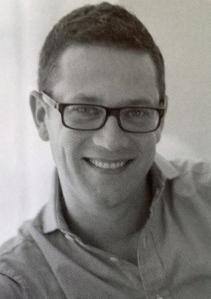Six days ago, I saw an unknown perform a selection of Broadway songs at the Brighton Fringe Festival in a tiny room with recorded backing tracks. And now for something completely different! Another selection of musical theatre songs, but this time performed by an artist who has sold millions of albums, in the grandest of all venues with a live full orchestra and backing singers. Some difference, but, ironically, I probably enjoyed both shows equally. Groban’s voice falls somewhere between bar crooner and operatic baritone, a place that makes him perfect for traditional musical theatre. This show is near the end of a 15 month world tour and it seems pertinent to ask why he prefers performing concerts to getting his hands dirty with a real musical. For example, he is the perfect age for Sondheim’s Company and his Being Alive would certainly be something to savour. He tells us that he has plans for a new musical in New York “this Fall”, so it will be interesting to see how he cuts it. He is at his best with the soaring ballads, his What I Did For Love (A Chorus Line) and Anthem (Chess) are just awesome however many times you hear them and worth the ticket price alone (although not necessarily with the addition of £15 for a programme). To his great credit, the guy likes Sondheim, including three of his songs in this set, the rarely heard Finishing the Hat (Sunday in the Park with George) being a real treat. For the UK leg of the tour, the superb Louise Dearman joins him to duet on All I Ask of You (Phantom of the Opera) and If I Loved You (Carousel) and perform two solo numbers. Everything is incredibly polished, perhaps too much so, not exactly robotic but getting there. Groban’s relaxed, amiable persona, the LA kid who got lucky, has become over-familiar, but it helps the show to flow and he readily adapts to time and location. His banter about the State Opening of Parliament and the TV show Bargain Hunt raised smiles, but his dedication of You’ll Never Walk Alone (Carousel) to the Hillsborough families sounded naff and perhaps he had not heard that, at the same time, Liverpool were being soundly beaten in the Europa League Final. In all, an evening with no surprises but nonetheless entertaining.
Performance date: 18 May 2016








